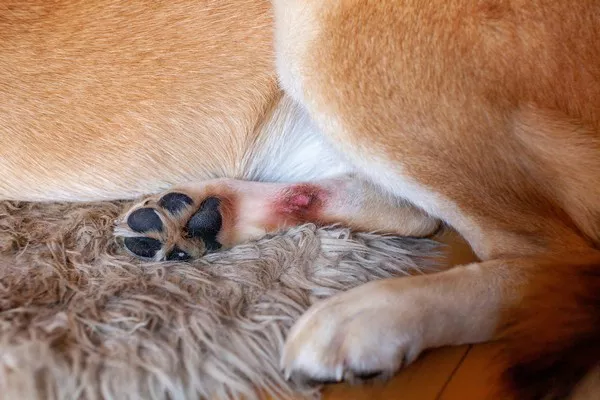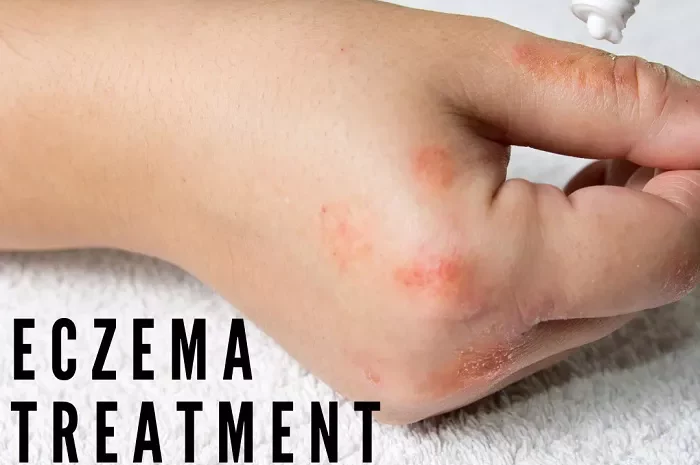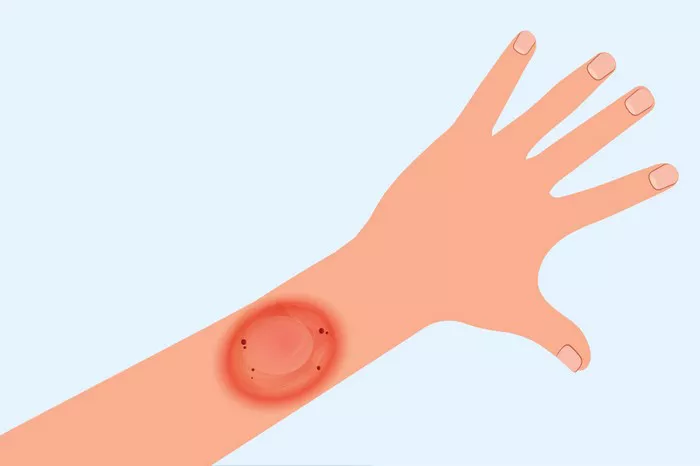Ringworm is a common fungal infection that affects both humans and animals. It is not actually a worm, but rather a fungal infection caused by a group of fungi called dermatophytes. This condition gets its name because of the circular, red rash that it often forms on the skin, resembling a worm beneath the skin.
One of the most common questions people ask is whether ringworm can be transmitted from dogs to humans. In this article, we will explore the link between dogs and ringworm, how it spreads, how to protect yourself and your pets, and what to do if you suspect you or your dog may have ringworm.
What is Ringworm?
Ringworm is a contagious fungal infection that primarily affects the skin, hair, and nails. Despite its name, ringworm is not caused by worms. It is caused by dermatophytes, which are fungi that live on the outer layer of skin, hair, and nails. These fungi thrive in warm, moist environments and can spread through direct contact with infected individuals, animals, or contaminated surfaces.
The symptoms of ringworm can vary but typically include:
- Red, circular patches on the skin
- Itchy skin around the affected area
- Hair loss in the affected area (when the infection affects the scalp or hair)
- Cracked, scaly skin in severe cases
- Blisters or pustules in some cases
How Do Dogs Get Ringworm?
Dogs, like humans, can become infected with ringworm. It is important to note that ringworm is not a disease that dogs are born with; they can acquire it through exposure to infected animals or contaminated environments.
There are several ways that dogs can become infected with ringworm:
Direct contact with an infected animal: Dogs can get ringworm from coming into contact with other infected pets, including cats and other dogs.
Contact with contaminated surfaces: Ringworm spores can live on surfaces like bedding, grooming tools, and flooring. If a dog comes into contact with these surfaces, they can pick up the infection.
Exposure to infected soil: In some cases, ringworm can be transmitted from contaminated soil. Dogs that spend time outdoors, especially in areas where infected animals have been, can be at risk.
Certain factors make some dogs more susceptible to ringworm. For example, puppies, older dogs, and dogs with weakened immune systems are more likely to contract the infection.
How Does Ringworm Spread?
Ringworm spreads through direct contact with infected animals or people, as well as through contaminated objects and surfaces. The fungus that causes ringworm produces tiny spores that can survive for long periods of time on objects, floors, and other surfaces. These spores can be easily transferred to a dog or person when they touch the contaminated surface.
In addition to direct contact, ringworm can spread in the following ways:
Airborne spores: The spores can become airborne when an infected animal scratches or shakes its body. These spores can land on nearby surfaces or even be inhaled by other animals or people.
Fomites (contaminated objects): Ringworm spores can live on objects like grooming tools, towels, and bedding. If a dog comes into contact with these items, it can contract the infection.
Animal-to-animal transmission: In multi-pet households or shelters, dogs and other animals are at risk of contracting ringworm if they come into contact with each other. It can also spread to other pets through shared spaces like pet beds or crates.
Can Dogs Transmit Ringworm to Humans?
Yes, ringworm can be transmitted from dogs to humans, but it is not common. The infection in humans is generally acquired through direct contact with an infected animal or contaminated surfaces.
People most at risk of contracting ringworm from dogs include:
Children: Children are more likely to touch animals or contaminated surfaces and then put their hands in their mouths.
People with weakened immune systems: Those with compromised immune systems, such as people with diabetes, HIV/AIDS, or those undergoing chemotherapy, are at higher risk of contracting infections like ringworm.
Pet owners who frequently handle their animals: If a dog has ringworm and is handled without proper precautions, pet owners may contract the infection.
It is important to understand that while ringworm can spread from pets to people, it is not a highly contagious disease. The infection typically requires close contact for transmission, and it is not spread by air like the flu or cold viruses.
Symptoms of Ringworm in Humans
The symptoms of ringworm in humans are similar to those in dogs. Common signs include:
- Circular red patches with raised, scaly borders
- Itching around the affected area
- Blisters or pustules in some cases
- Bald spots if the infection affects the scalp or hair
- Cracked skin that may ooze or crust over in severe cases
If you suspect you have ringworm, it is important to consult a healthcare provider for proper diagnosis and treatment. A doctor can examine the affected area and may take a sample of the skin or hair for testing.
How to Prevent the Spread of Ringworm Between Dogs and Humans
Preventing the spread of ringworm between dogs and humans involves practicing good hygiene and taking steps to minimize contact with infected animals and surfaces. Here are some helpful tips:
1. Isolate Infected Animals
If you suspect your dog has ringworm, isolate them from other pets and people as much as possible. This will help prevent the infection from spreading to other animals or humans in the household.
2. Practice Good Hygiene
Wash your hands thoroughly after handling your dog, especially if they are showing signs of ringworm. This includes washing your hands after grooming, petting, or cleaning up after your pet. It is also important to wash your dog’s bedding, grooming tools, and any toys they may have used.
3. Clean and Disinfect Surfaces
Ringworm spores can live on surfaces for a long time. Regularly clean and disinfect areas where your dog spends time, including their bedding, toys, and floors. Use antifungal cleaners to kill spores on surfaces.
4. Limit Outdoor Exposure
If your dog has ringworm, limit their exposure to outdoor areas where they may come into contact with contaminated soil or other animals. This will reduce the chances of spreading the infection.
5. Seek Veterinary Care
If you suspect your dog has ringworm, take them to a veterinarian as soon as possible. A vet can diagnose the condition and recommend an appropriate treatment plan. This may include antifungal medications or topical treatments.
6. Seek Medical Care for Yourself
If you believe you have contracted ringworm from your dog, it is important to see a doctor for treatment. A doctor may recommend topical antifungal creams or oral antifungal medications to clear the infection.
Treatment for Ringworm in Dogs
Ringworm in dogs is treatable with antifungal medications. The veterinarian may prescribe topical treatments, such as creams or ointments, as well as oral medications for more severe cases.
It is essential to follow the vet’s instructions carefully to ensure the infection is fully treated and does not spread further. Treatment typically lasts for a few weeks, and it is important to continue the treatment even if the symptoms improve.
Treatment for Ringworm in Humans
For humans, ringworm is treated with antifungal creams, which are available over the counter or by prescription. In more severe cases, a doctor may prescribe oral antifungal medications to treat the infection more effectively.
It is important to follow the full course of treatment and practice good hygiene during the healing process to prevent reinfection.
Conclusion
Ringworm can be transmitted from dogs to humans, but it is relatively rare. It is a fungal infection that can be easily treated with proper medication for both pets and people. By following basic hygiene practices and taking precautions to prevent the spread of ringworm, you can keep both your pets and your family safe.
If you suspect that your dog has ringworm or you are showing signs of the infection, seek medical care promptly. With the right treatment, ringworm can be managed and eliminated effectively.
Related topics:



























